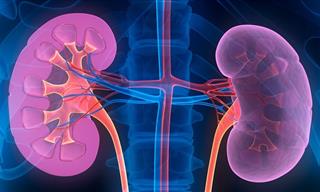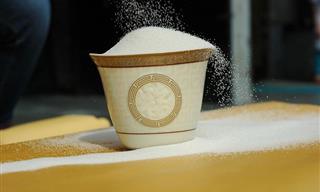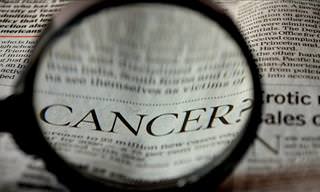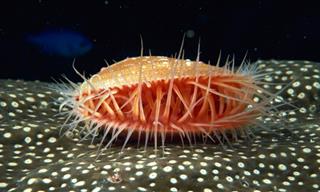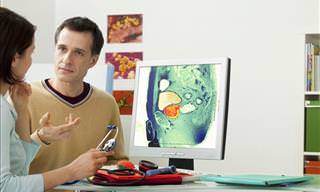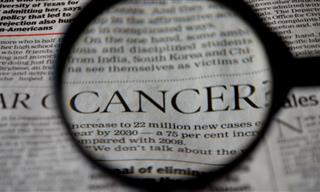The list of cancer-causing agents is long, and seems to be getting longer by the day. The experts already tell us to avoid smoking, exposure to the sun, and even air pollution, as these increase our risk of cancer. Now the World Health Organization says that hot drinks such as tea and coffee belong on that list too. What do you make of this? Read on:
The group’s International Agency for Research on Cancer (IARC), made up of 23 scientists from 10 different countries, reviewed around 1,000 studies that investigated a link between high-temperature beverages and their potential to cause cancer. Based on the evidence available, they concluded that drinking very hot beverages, which they classified as anything above 149°F (65°C) – cooler than a cup of coffee from most take-out spots – is linked to a higher risk of esophagus cancer.
They based their conclusion, which can be found in Lancet Oncology, on studies that found higher rates of esophagus cancer among people who drank extremely hot tea or coffee compared to those who consumed their drinks at lower temperatures. The link to cancer remained relatively strong even after they adjusted for things such as smoking and other possible cancer risks.
Animal studies also seem to indicate that very hot water can increase the risk of this type of cancer, presumably because the hot liquid scalds delicate tissues in the esophagus – this damage may then trigger a rapid turnover of the cells, which can lead to out-of-control malignant growth in some cases.
However, the report concludes that there isn’t enough adequate evidence to classify coffee as a carcinogen. That’s a downgrading of the risk for coffee from its previous analysis, done in 1991, when studies linking coffee consumption to a higher risk of bladder cancer led the IARC to deem coffee as “possibly” carcinogenic to people. Dana Loomis, deputy head of the IARC states that nowadays “the available scientific evidence base is much larger and stronger. There are quality studies available today that are significantly better than those in 1991.” Recently some studies have suggested that coffee lowers the risk of cancer in certain body parts, but for 20 other types of cancer, the evidence isn’t strong enough to suggest either a benefit or a risk, so the IARC is changing the designation to “inadequate evidence for carcinogenicity of coffee drinking overall.”
This seems to contradict the finding about hot beverages, since most people drink their coffee hot. However, the classifications aren’t necessarily mutually exclusive. Those who drink more coffee seem to have lower rates of certain cancers, such as liver and endometrial cancers, but this is not where hot drinks hit – they hit the mouth, throat, esophagus, and stomach. Therefore, this means that even though coffee may be hot, as long as it’s not too hot, there doesn’t seem to be evidence linking coffee drinkers to higher risks of cancer (other than esophageal cancer).
In the studies that the group reviewed, there seemed to be an increased risk of esophageal cancer only when people drank very hot beverages, usually above 149°F. The National Coffee Association USA recommends holding coffee at 180-185°F; most coffee sellers serve their drinks at around 10°F lower after a McDonald’s was sued by a customer who was scalded – but that’s still higher than experts recommend.
Those who might want to discuss the latest classification change with their doctors are people with Barrett’s esophagus – a condition that precedes esophageal cancer. For almost everyone else, the risk from higher temperature drinks is much smaller than the risk from other, more common risk behaviors.
Source:time
Images: depositphotos
 Go to BabaMail
Go to BabaMail













